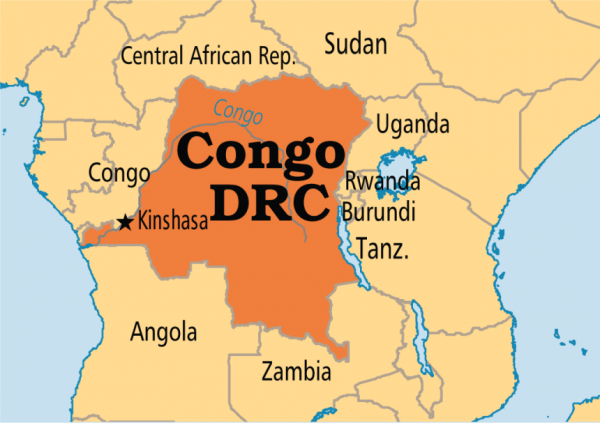The Congolese Conflict: A History of Violence and Fragile Peace
The Democratic Republic of Congo (DRC), a nation rich in natural resources but plagued by decades of conflict, has once again found itself on the precipice of hope. The M23 rebel group and the Congolese government, following talks mediated by Qatar, have issued a joint statement declaring a cessation of hostilities in the country’s volatile east. This announcement marks a significant development in a conflict that has claimed countless lives and displaced millions. The agreement, while tentative, offers a glimmer of hope for lasting peace in a region scarred by violence and instability.
The current conflict, a resurgence of a rebellion that first erupted in 2012, has seen the M23 seize control of key cities in eastern DRC. The group, comprised primarily of Tutsi fighters, claims to protect the Tutsi minority against persecution. However, the UN and several Western governments accuse Rwanda of backing the M23, an allegation Rwanda vehemently denies. Despite these denials, the international community remains concerned about Rwanda’s alleged involvement and its potential to destabilize the region further. The presence of other armed groups, including remnants of Hutu militias responsible for the Rwandan genocide, further complicates the conflict.
The path to peace in the DRC has been fraught with broken promises and failed ceasefires. Since 2021, more than six truces have been agreed upon, only to collapse shortly after. This cycle of violence and fragile peace has eroded trust between the warring parties and fueled skepticism about the viability of any negotiated settlement. The current agreement faces similar challenges. Deep-seated mistrust, unresolved political grievances, and the complex web of regional actors involved all pose significant obstacles to achieving lasting peace. The success of this latest attempt at de-escalation hinges on the commitment of both parties to engage in good-faith negotiations and address the underlying causes of the conflict.
The involvement of Qatar as a mediator marks a surprising turn in the diplomatic efforts to resolve the Congolese conflict. Qatar, a small but influential Gulf state, has been increasingly active in mediating international disputes. Its successful mediation of the conflict in Afghanistan and its role in facilitating talks between the US and Iran have demonstrated its diplomatic prowess. In the case of the DRC, Qatar’s neutrality and its established economic ties with both Rwanda and the DRC have positioned it as a credible mediator. The surprise meetings between Congolese President Felix Tshisekedi and Rwandan President Paul Kagame in Doha, facilitated by Qatar, signaled a potential breakthrough in the long-stalled peace process.
The joint statement issued by the M23 and the Congolese government outlines a commitment to halting all hostilities and engaging in further talks aimed at reaching a comprehensive political settlement. While the details of the agreement remain undisclosed, it represents a crucial first step toward ending the violence. The success of these talks will depend on the willingness of both parties to compromise and address the root causes of the conflict, including issues of political representation, land ownership, and resource control. Furthermore, the international community must play a supportive role by providing financial and technical assistance to facilitate the peace process and ensure its sustainability.
Beyond the immediate cessation of hostilities, the path to lasting peace in the DRC requires a multifaceted approach. Addressing the underlying causes of the conflict, including poverty, inequality, and weak governance, is crucial. Disarmament, demobilization, and reintegration programs for former combatants are essential to prevent the re-emergence of armed groups. Strengthening state institutions, promoting good governance, and ensuring accountability for past human rights abuses are also critical. The international community must remain engaged and provide continued support for these long-term peacebuilding efforts.
The agreement between the Congolese government and the M23 represents a fragile but significant opportunity for peace in the eastern DRC. The international community must seize this moment and provide unwavering support for the ongoing peace process. Only through sustained commitment and a comprehensive approach can the DRC finally emerge from the shadows of conflict and embark on a path toward stability and prosperity. The international community’s role is not merely to observe but actively participate in fostering an environment conducive to lasting peace. This includes providing technical and financial resources, promoting dialogue, supporting regional initiatives, and holding accountable those who obstruct the path to peace. The journey towards peace will undoubtedly be challenging, but the alternative, a continuation of violence and instability, is unacceptable. The people of the DRC deserve a future free from conflict, and it is the responsibility of the international community to help them achieve it.


